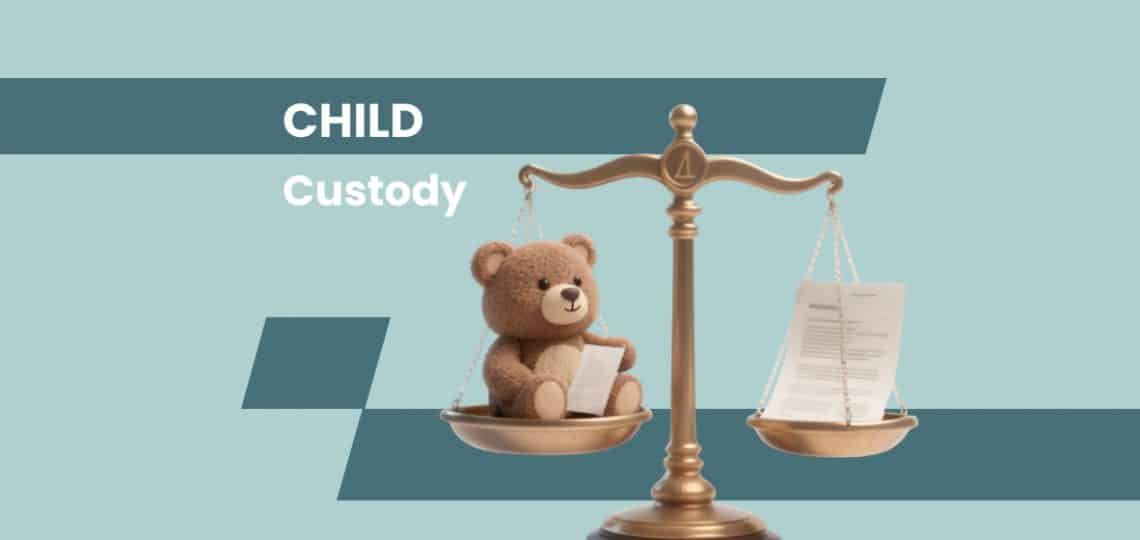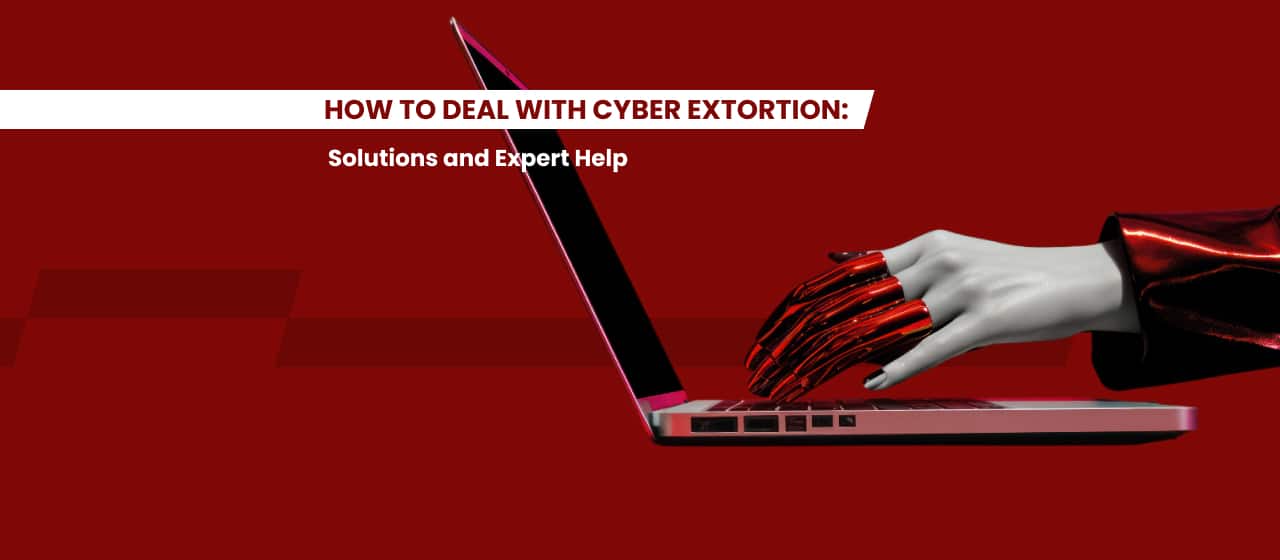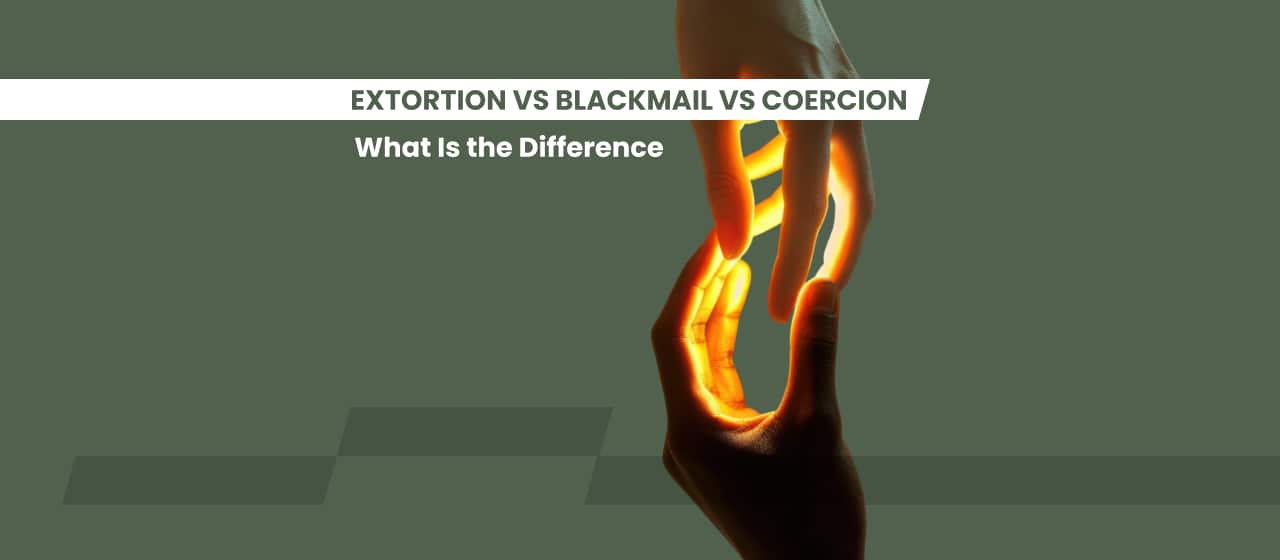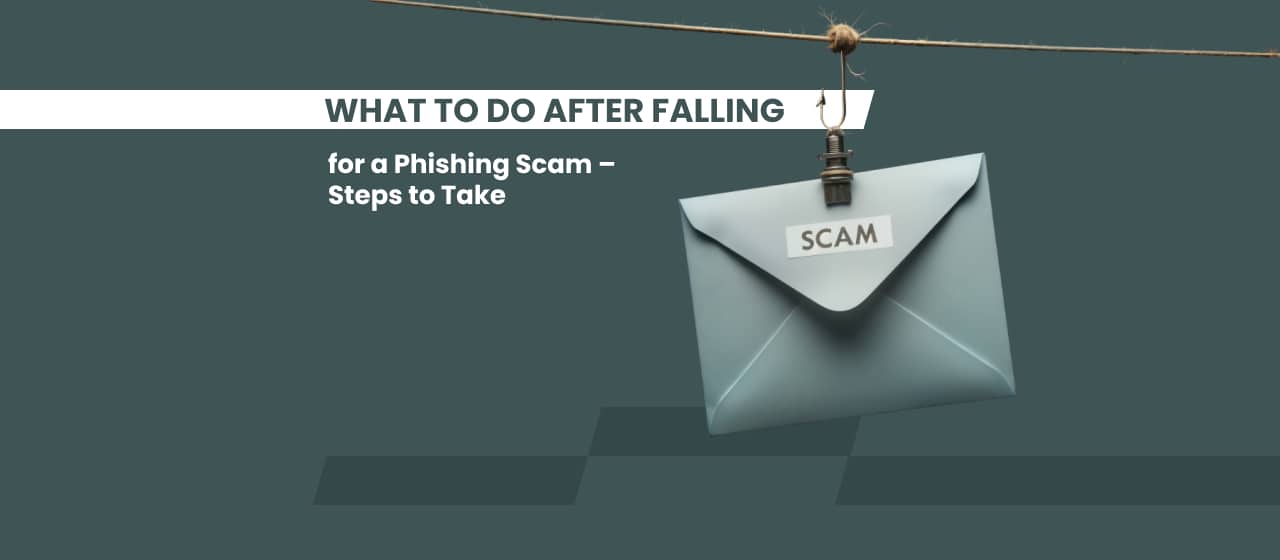A restraining order is a court order that requires one person to stay away from another person. If you have a restraining order against your child’s other parent, it can affect your custody arrangement. In this blog post, we will discuss how a restraining order can affect child custody and what you can do to protect your rights.
How Does a Restraining Order Affect Child Custody Proceedings?
If you have a restraining order against your child’s other parent, the court will consider that when determining custody. The court may find that it is not in the child’s best interest for the parent with the restraining order to have custody or visitation with the child. The court may also find supervised visitation in the child’s best interest to ensure that the child’s safety is not threatened.
When determining the child’s best interest, they will look for the following:
- The parent’s home setting to determine whether the home is livable and safe.
- The health of the child to make sure their needs are being met.
- The child’s well-being to check if they are happy and prospering in a specific setting.
- Whether there has been any abuse towards the child from either parent.
There is a high probability that the court will deny joint custody if there is evidence that this checklist has been neglected, especially if there has been a history of abuse within the household, either towards the child or from one parent to the other.
How Do You Fight a Restraining Order?
The first step in fighting a restraining order is to file a response with the court. In your answer, you must deny any allegations of abuse or harassment. It is essential to be specific in your denial and include evidence supporting your position. For example, if the restraining order was based on an incident of alleged abuse where a witness was present, you might want to consider bringing that witness in at court so that they can support your statement that there was no harm or abuse done.
Once you have filed your response, the next step is to attend the hearing. At the hearing, you and the victim can present evidence and testimony. The judge will then decide whether or not to grant the restraining order. If the judge gives the restraining order, it will be in effect for a set period, depending on your state.
Once the restraining order expires, either party can request that it is extended. Depending on your state, a temporary restraining order will be held until the hearing. If the judge does not lift the temporary restraining order during the hearing, it will turn into a final restraining order that cannot be raised and will be permanent.
When to Seek Legal Counsel?
Receiving a restraining order can be confusing and stressful for those involved. Those affected must understand its implications to take appropriate action if necessary. If presented with a restraining order, you should seek help from an experienced lawyer as soon as possible.
They can guide you and represent your interests in court. By understanding how these orders work and knowing when legal counsel is necessary, individuals affected by this situation will be better prepared to navigate it successfully without further harm.
Legal counsels can also inform you how a restraining order affects child custody proceedings if a child is involved. Dealing with restraining orders isn’t easy, but we hope you have given enough information to lessen the burden. If you have any more questions, call us to find out if and how we can help with your situation.
Avoid costly mistakes in your divorce settlement. Hire our divorce forensic accountants for expert financial guidance today!







